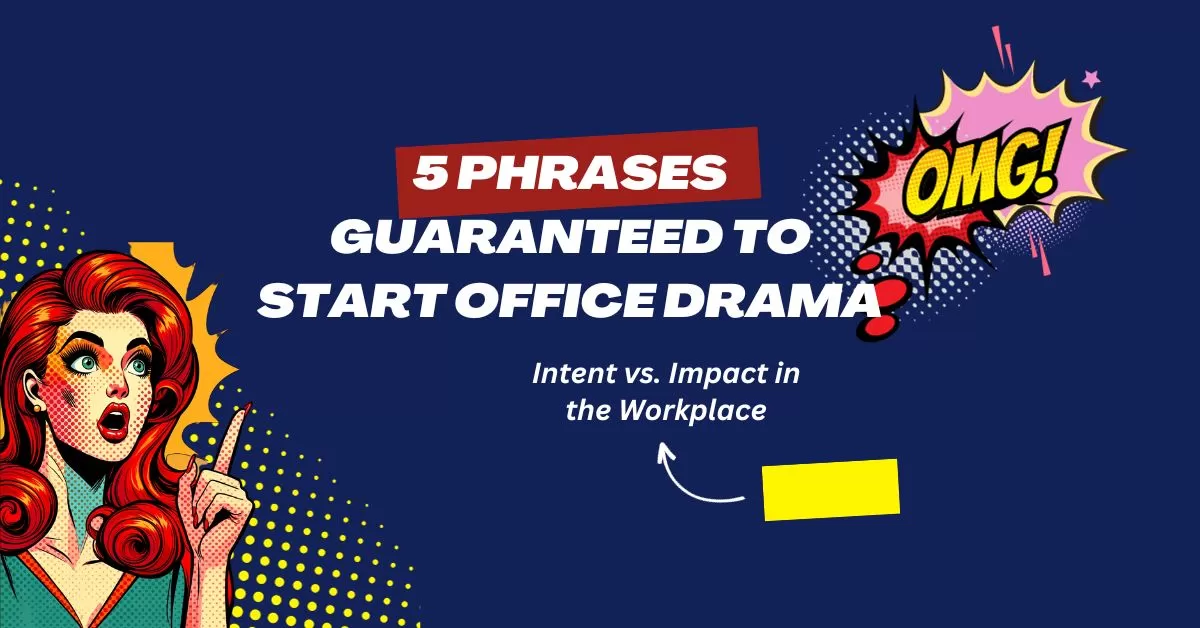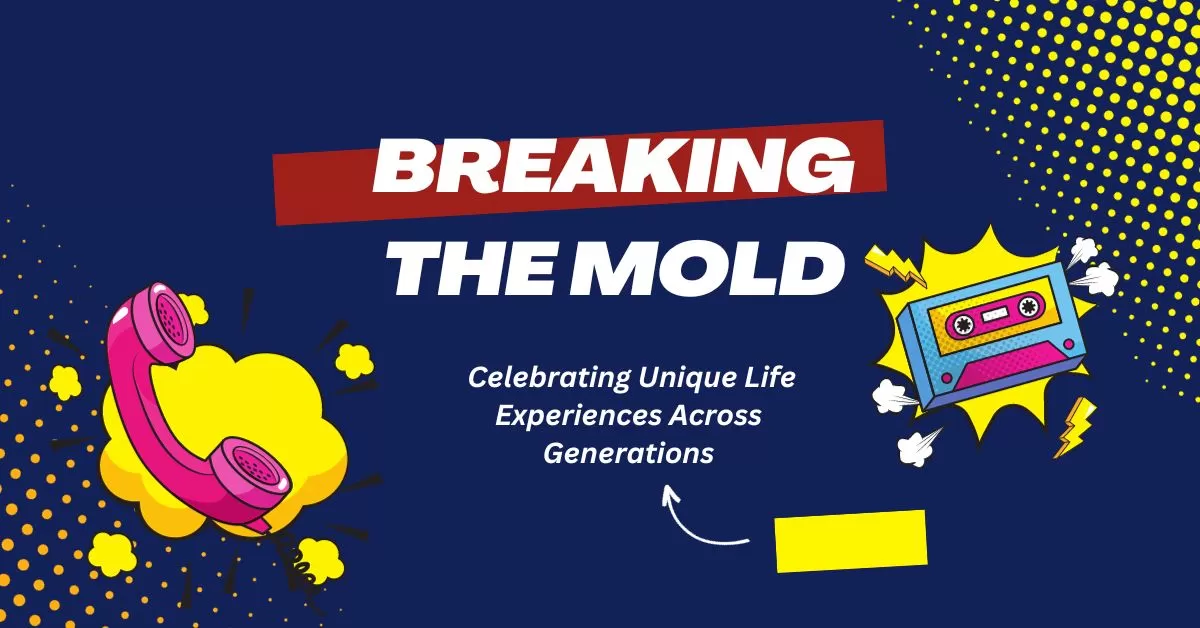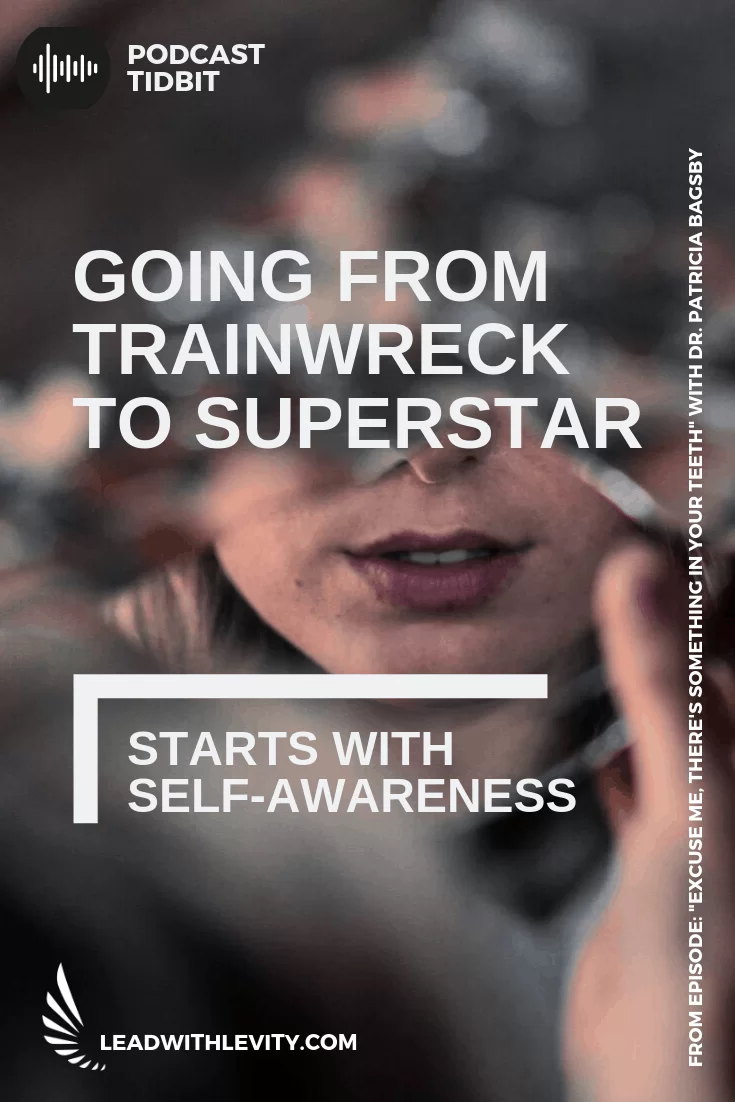
Have you ever been in a situation where you thought you were just ‘speaking your mind’, only to end up with a coworker giving you the cold shoulder or a steaming cup of passive-aggression? Yep, it’s a bit like putting salt in your tea instead of sugar—unexpected, regrettable, and leaves a bitter aftertaste. But why does this happen? Often, it’s a result of not understanding the complex dance between intent and impact in the workplace.
The importance of intent vs impact in the workplace
How many times have you said something with the best of intentions, only to discover it landed completely off the mark? It’s like trying to throw a paper plane straight, and it takes a detour straight into your boss’s coffee.

The intent-impact relationship is akin to that paper plane. While we might have good intentions (the throw), how it lands (impact) can sometimes be surprising. Considering both is essential to avoid the proverbial coffee splash.
In the world of workplace communication, good intentions are the starting line, not the finish line. Share on XPhrase 1: “I didn’t mean it that way.”
Picture this: You make a remark, your colleague looks hurt, and you scramble to say, “I didn’t mean it that way.” Sound familiar? While this might be your genuine sentiment, it can sound like you’re dismissing their feelings.
Instead, how about flipping the script? Try: “I’m sorry, that came out wrong. Can you help me understand how it sounded to you?” It’s like offering a handkerchief instead of explaining why the water is wet.

Phrase 2: “You’re too sensitive.”
Ever stubbed your toe and had someone say, “Oh, it’s nothing. You’re not bleeding.” Does it magically make you feel better? Nope! Telling someone they’re “too sensitive” is a little like that. It minimizes their feelings, making them feel small for reacting.
Instead, let’s channel our inner empath. Consider saying, “I didn’t realize it would come across that way. Let’s talk about it.” Who knows, you might just dodge that metaphorical flying shoe headed your way.

Phrase 3: “It was just a joke.”
We all love a good chuckle. But sometimes, what tickles our funny bone might jab someone else in the ribs. Before you know it, “it was just a joke” turns the comedy club into a courtroom.
Creating a more inclusive and respectful environment is key. If a joke falls flat, consider apologizing and understanding what went wrong. Think of it as refining your comedy routine for a tougher crowd.
Phrase 4: “What?! I’m just being honest.”
Ah, the age-old guise of ‘brutal honesty.’ Sometimes, it’s like serving a raw onion when they expect a sweet apple pie. Honesty is crucial, but delivery is king.
Constructive feedback and open communication can work wonders. Try: “I want to give you my perspective, but I’ll strive to be kind about it.”
Phrase 5: “You misunderstood me.”
This phrase is a classic ‘pass-the-buck’ move. It’s like saying, “Hey, I tossed the ball, but it’s not my fault you didn’t catch it!” Shifting blame can escalate conflicts quickly.
A better approach? “Let me try this again. I value our communication.” It shows you’re invested in the conversation and respect their viewpoint.
Let’s Wrap This Up
We’ve all been there, inadvertently stepping on conversational landmines. But with a sprinkle of understanding and a dash of empathy, navigating the minefield of intent vs impact becomes a walk in the park. Or, at least, a much safer dance around potential drama.
Remember, in the world of workplace communication, good intentions are the starting line, not the finish line. So, keep your eyes on the impact, and let’s create a workspace where everyone feels understood, valued, and heard. Here’s to a drama-free office! 🥂🎉












